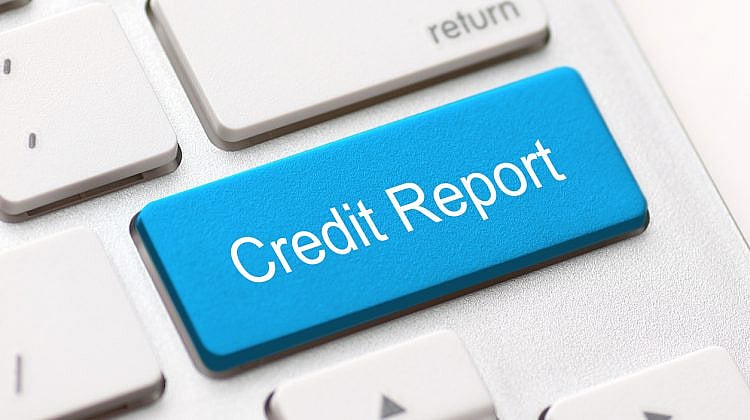What is comprehensive credit reporting?
Comprehensive credit reporting means including both positive and negative information in a person’s credit file.
Positive information includes paying bills on time, closing loans and reducing the limit on a credit card. Negative information includes paying bills late, defaulting on loans and applying for lots of credit products.
Before comprehensive credit reporting was introduced, only negative information was included in a person’s credit file.
How does comprehensive credit reporting work?
Comprehensive credit reporting involves keeping track of all your credit activity – both positive and negative.
There’s no neat formula – for example, we can’t say that one negative act can be cancelled out by, say, eight positive acts.
Instead, credit reporting bodies aim to assess all acts on their merits and weigh them accordingly.
When was comprehensive credit reporting introduced?
Comprehensive credit reporting was introduced in March 2014, although it wasn’t compulsory for lenders to participate. On 1 July 2018, it became compulsory for the big four banks (ANZ, Commonwealth Bank, NAB and Westpac) to participate.
What are credit reports and who produces them?
A credit report is a document that records your history of managing loans, credit cards and other credit products.
Credit reports are produced by Australia’s four credit reporting bodies – Equifax, Experian, Illion and the Tasmanian Collection Service.
Why was comprehensive credit reporting introduced?
Comprehensive credit reporting was introduced to make credit reports fairer and more accurate.
Under the previous system, credit providers saw only negative information on a consumer’s credit report. Now, they get to see both positive and negative information, which means they can see if negative behaviours are part of a pattern or just rare exceptions.

Credit reporting bodies support CCR
Illion said comprehensive credit reporting would encourage competition and innovation in the financial services sector. “This will offer consumers pricing benefits from a more competitive market, as well as the capacity to show a recovery from a negative credit experience sooner than what is possible under a ‘negative only’ regime,” Illion said in a submission to the federal government.
Experian said in its own submission that comprehensive credit reporting will make it easier for lenders to assess borrowers. “This will result in better loans being made and a better pricing of risk. This will ensure a stable lending sector, which leads to more confidence by investors to make more loans. The end state will be an environment with more competition and lower prices for consumers.”
How does comprehensive credit reporting affect me?
Comprehensive credit reporting affects you because it influences how likely lenders and other credit providers are to extend credit to you.
The idea of comprehensive credit reporting is to provide an accurate picture of your history of managing credit. It’s best to avoid negative credit events – but if they happen, their effect can be reduced by lots of positive credit events.
The more positive events and the fewer negative events on your credit file, the more likely lenders will want to do business with you, and the more favourable the terms they are likely to offer.
For example, a lender might accept a loan application from someone with good credit history, but reject an application from someone with bad credit history. Or a lender might accept both applications, but offer a lower interest rate to the good-credit borrower and a higher interest rate to the bad-credit borrower.
The government’s take on comprehensive credit reporting
In February 2018, Treasurer Scott Morrison said comprehensive credit reporting would be “a game-changer for consumers” and would give them “better deals on mortgages, personal loans and small businesses loans”.
“Customers with good credit histories will be able to obtain lower rates, and be better placed to shop around because their credit history will now become available to all lenders. Others, whose previous credit histories only included default rates, will also get a better chance to demonstrate their credit-worthiness because there will be more credit information available on their reliability,” he said at the time.
“The new credit reporting rules will help open up the lending market to competition by allowing new lenders entering the market to better assess credit risk, meet responsible lending obligations and at the same time reduce exposure to defaults. This is good news for customers because it means that new entrants, including innovative fintech firms, will be able to use comprehensive credit reporting information – removing a significant barrier to entry that currently exists in the system.”

